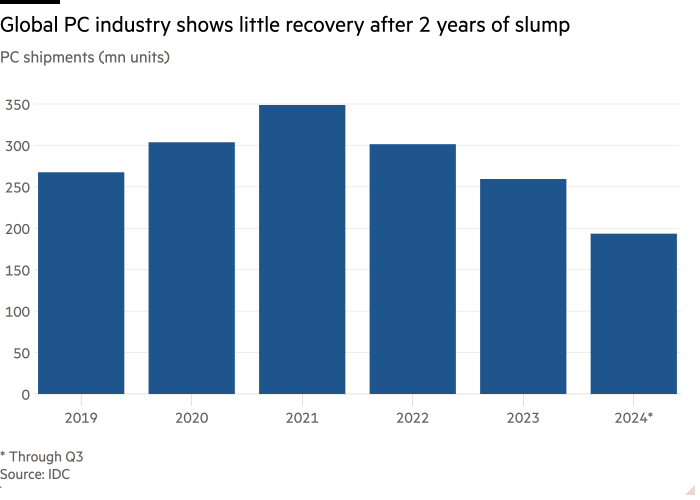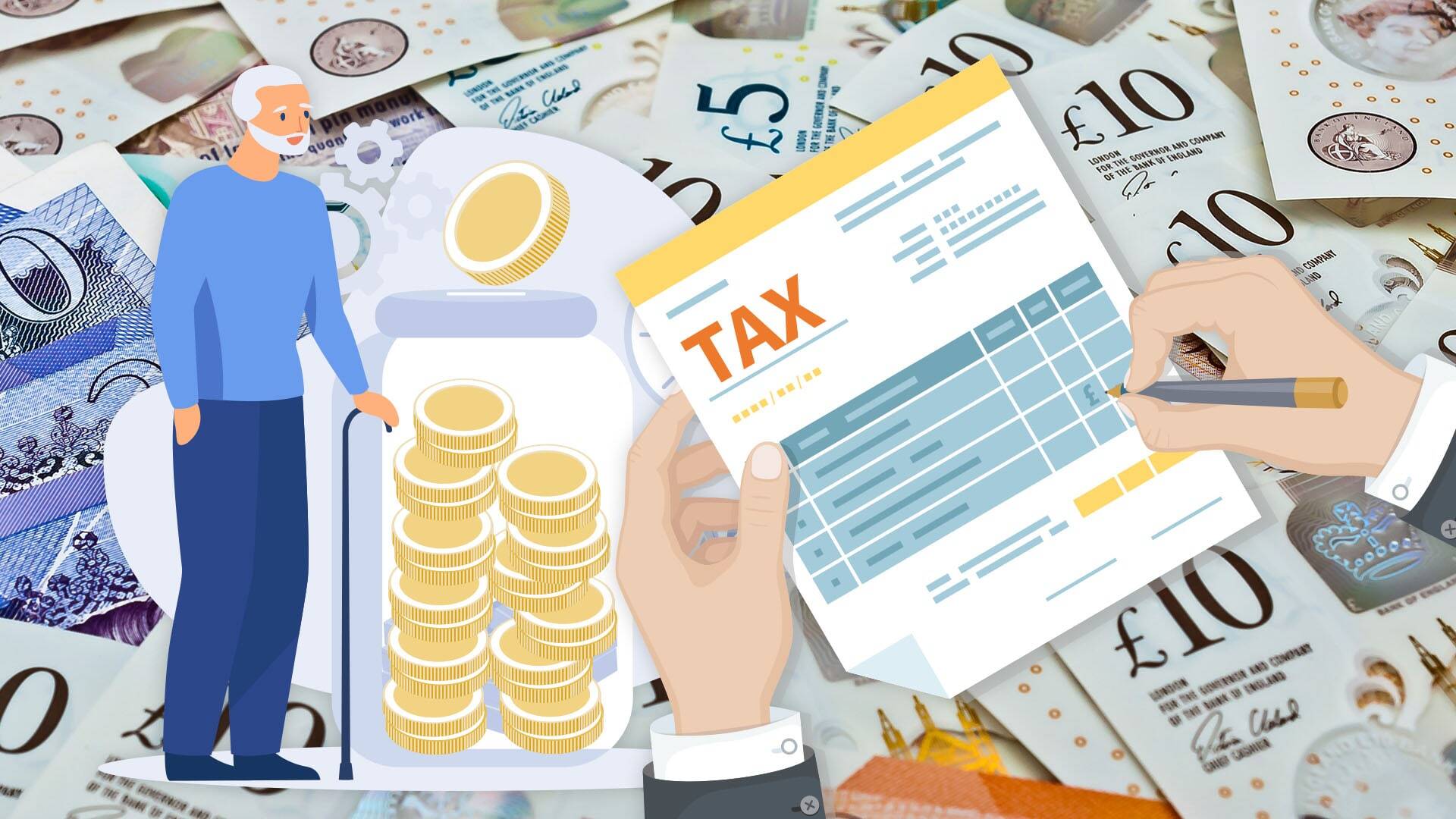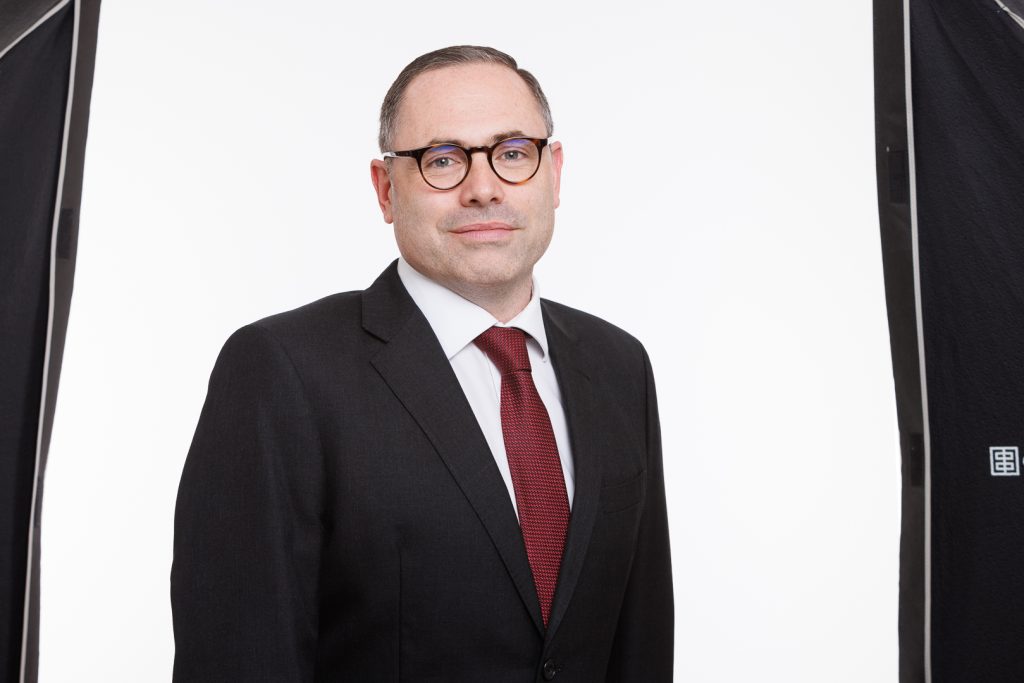Hello everyone! This is Lauly from Taipei. It’s been a while since the last time I hosted the weekly #techAsia. I took annual leave and took my toddler, who had just begun to walk, to Okinawa, Japan. Travelling abroad with a one-year-old is never easy, but it was only a one-hour flight, and seeing him smile at the schools of colourful fish and large whale shark at the Okinawa Churaumi Aquarium, and clapping his hands when he had a bit of tofu at a downtown izakaya made it all worthwhile.
One very interesting thing I noticed while in Okinawa was that wherever we went, we could hear people speaking Taiwanese. It seemed like 80 per cent of the tourists at the aquarium were Taiwanese, and the hotel where we stayed was full of other Taiwanese families.
It all reminded me of my interview with Chiao Yu-heng, chairman of Passive System Alliance, a leading Taiwanese electronics component maker. Chiao, who speaks fluent Japanese, spent years studying and working in Japan in his youth and has recently initiated many investments in the country to forge closer collaboration between Taiwanese and Japanese tech suppliers. “I really like Japan and there are many aspects where Japanese and Taiwanese companies complement each other,” he said.
Apart from taking a holiday, I also recently wrapped up a deep-dive with my colleague Annie Cheng Ting-Fang into Asia’s shortage of renewable energy. The theme keeps cropping up in interviews and at events. Leading Nvidia AI server maker Foxconn said at its annual tech day that it is building a superpower computing centre in the southern Taiwanese city of Kaohsiung, which will require newly designed buildings, new layouts of water pipelines and additional electricity supplies. Most striking of all, I learned that operating a rack of AI servers uses roughly as much electricity as 300 households.
Statistics like this are why the tech supply chain, from semiconductor and component makers to system integrators, are working to make AI computing more energy-efficient. The supply of energy, especially low-carbon emission energy, is going to be a key challenge for the global tech supply chain.
Going green
Delta Electronics is planning to build its own renewable power plants in India and Thailand, as the power and thermal management solutions provider steps up efforts to decarbonise its supply chain, Jesse Chou, Delta’s vice-president and chief sustainability officer, told Nikkei Asia’s Lauly Li and Cheng Ting-Fang in an interview.
Delta, a key power and thermal management system supplier for Nvidia’s GB200 server system, has identified that Thailand and India are the most challenging places for it to access sufficient renewable electricity.
“We can’t always rely on local governments to solve the issue,” Chou said. “We plan to build our own renewable energy plants to take a more active role to achieve our ultimate goal.”
Delta joined the RE100 initiative in 2021, making it one of the earliest companies in the tech supply chain to do so.
Delta’s move comes as its home market of Taiwan looks to raise its emissions-cutting target for 2030 as the island looks to secure its position in the global supply chain, according to this exclusive interview by Thompson Chau, Lauly Li and Cheng Ting-Fang with Environment Minister Peng Chi-ming. The current goal is to cut emissions 24 per cent, plus or minus 1 per cent, by 2030, compared to 2005, which is not ambitious enough, according to Peng.
“We hope to accelerate our net zero goal in Taiwan,” he said.
Popularity pay-off
Xiaohongshu, China’s answer to Instagram, is growing in popularity. The start-up’s revenues surged to $1bn in the first quarter of this year as it ramped up advertising on the platform.
The Shanghai-based unicorn turned profitable in 2023, a trend it continued in the first three months of the year as it generated $200mn in net profit, writes the Financial Times’ Eleanor Olcott. This is up from $40mn in the same period last year on revenues of about $600mn.
The country’s fastest-growing social media platform is beloved by city-dwelling young women, who flock to Xiaohongshu for restaurant, beauty and travel recommendations.
The start-up is a rare recent success story in a tech sector hit by bankruptcies and falling valuations and is one of a small group of promising tech unicorns that investors are eyeing for a potential initial public offering.

Top US computer maker HP is sharply scaling back the procurement decision-making power of its Taiwan team and increasing related positions in Singapore, as part of a major supply chain restructuring to mitigate geopolitical uncertainties, according to this scoop by Nikkei Asia’s Cheng Ting-Fang and Lauly Li.
The company has transferred responsibility for procurement and sourcing decisions to US-based executive Jonathan Jennings, who was newly hired this year and reports to HP’s chief supply chain officer, Ernest Nicolas. Taiwan, home to important suppliers in the laptop and desktop computer supply chains, has been a critical market for PC development and component procurement.
Tensions between Taipei and Beijing have led some tech companies to set up production or operational hubs in third countries, particularly in south-east Asia. US-China tech tension is also driving the supply chain shift.
HP’s move comes as the global PC industry has been in inventory correction mode since the second half of 2022, when demand from the work- and study-from-home boom ebbed. Worldwide shipments plunged nearly 14 per cent in 2023.
Start-up slowdown
China’s fervour for entrepreneurship is fading as Beijing shifts its strategic focus to semiconductors, autos and other more job-heavy industries, writes Nikkei Asia’s Wataru Suzuki.
Venture capital and private equity investment in China fell 38.7 per cent on the year in the first half of 2024, to Rmb196.7bn ($28bn), according to research company Zero2IPO. Money raised by fund managers also dropped 22.6 per cent to Rmb622.9bn. By comparison, venture capital and private equity investment in the US fell 3 per cent to $418.5bn during the same period, while fund managers raised 3.3 per cent more.
Local governments, another key source of funding, are increasingly backing companies that build factories, such as robot and drone makers, and companies in the semiconductor supply chain, rather than start-ups that often keep investors waiting for returns.
Ripples from the slowdown are spreading to businesses like the Shenzhen innovation centre and to Beijing’s Zhongguancun district, once known as the “centre of the universe” for its proximity to top universities, where empty cafés testify to the chill in networking and start-up hustle.
Suggested reads
-
China cyber security body calls for Intel review over security (Nikkei Asia)
-
Elon Musk battles Indian billionaires over satellite internet spectrum (FT)
-
Thailand to move up semiconductor value chain with first front-end fab (Nikkei Asia)
-
Rapidus’s Japan chip plant may bring $120bn economic windfall, but doubts remain (Nikkei Asia)
-
Head of Saudi tech institute pledges to limit China AI collaboration (FT)
-
Chinese carmakers deny intent to ‘overthrow’ western rivals (FT)
-
AMD, Intel team up as semiconductor stocks slump on ASML outlook (Nikkei Asia)
-
‘800lb gorilla’: luxury brands battle China’s hit grey-market app (FT)
-
Huawei trifold phone’s resale frenzy cools shortly after launch (Nikkei Asia)
-
$1bn US battery plant plan shows race to reduce reliance on China (FT)
#techAsia is co-ordinated by Nikkei Asia’s Katherine Creel in Tokyo, with assistance from the FT tech desk in London.
Sign up here at Nikkei Asia to receive #techAsia each week. The editorial team can be reached at techasia@nex.nikkei.co.jp










































































































































You must be logged in to post a comment Login